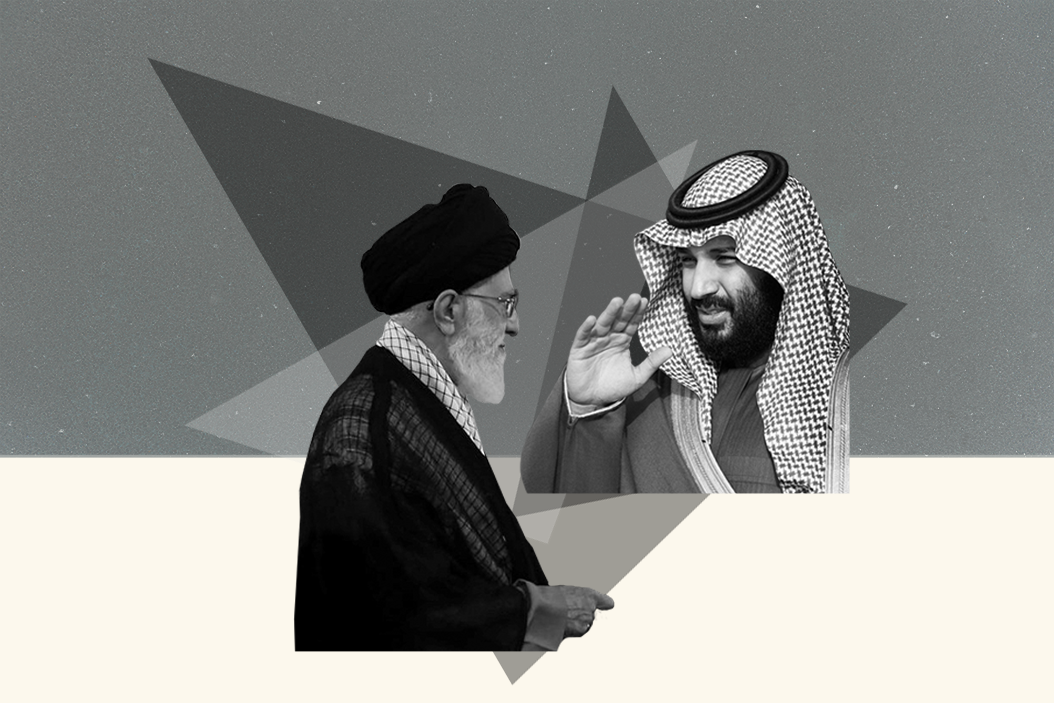Hard Numbers: Saudi and Iran join regional summit, China limits kids' gaming, Bolsonaro's future, where are Afghan refugees welcome?
5: For the first time in more than five years foreign ministers from longtime foes Iran and Saudi Arabia agreed to attend a regional summit together held in Iraq focused on cooling tensions in the Middle East. It's unclear if the two sides met for one-on-one talks on the sidelines of the summit, but this development comes amid reports that the two countries might be willing to explore détente.
1: Chinese authorities have cut kids' online gaming hours to just 1 hour a day on Fridays and weekends only, as Xi Jinping's government tries to crack down on gaming companies that have become too big too fast for the state's liking.
3: Brazil's controversial President Jair Bolsonaro recently said that he sees only three possibilities for his future: death, prison or winning next year's presidential election. About the prospect of going to jail over corruption allegations, Bolsonaro said, "I'm certain that [it] won't happen. No man on Earth scares me."
98: Ninety-eight countries have pledged to take in Afghan refugees, though the Taliban remain cagey about whether they will allow Afghans with legitimate travel documents to depart after the US leaves on August 31. Neither Russia nor China have offered to accept any at-risk refugees (those who fear reprisal from the Taliban), offering instead to help the Taliban "rebuild" the country's infrastructure.